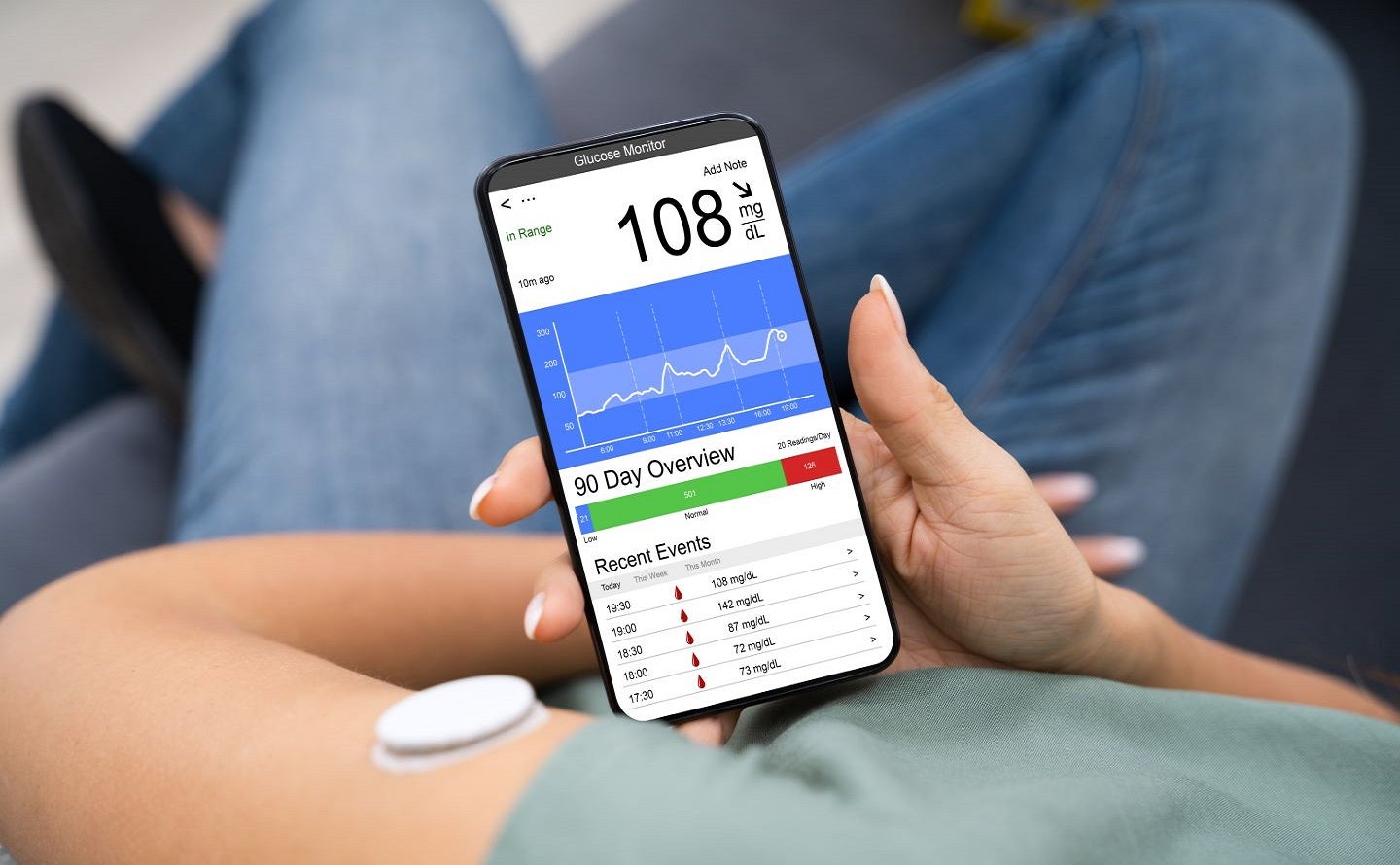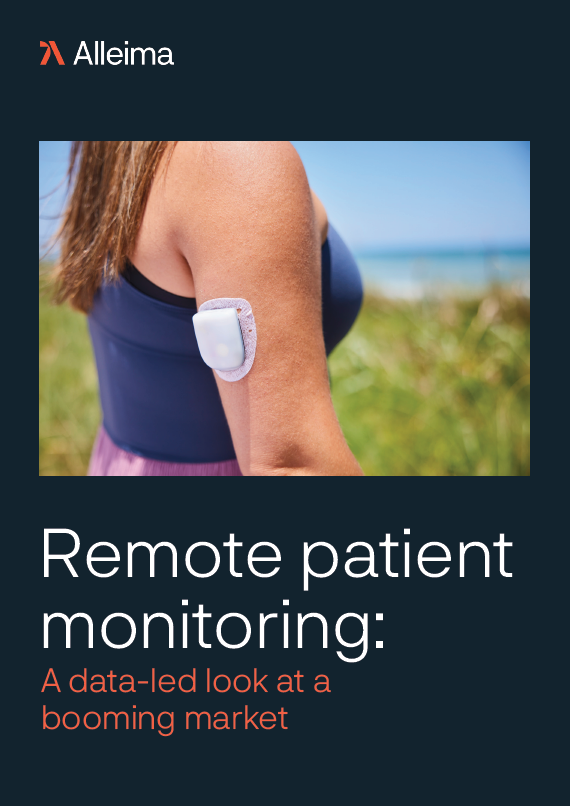
Senseonics has concluded the adult cohort of the ENHANCE pivotal clinical trial of Eversense after the recently completed 365-day visit for the last study subject.
The ENHANCE trial is designed to assess the Eversense system’s safety and accuracy for one year.

US Tariffs are shifting - will you react or anticipate?
Don’t let policy changes catch you off guard. Stay proactive with real-time data and expert analysis.
By GlobalDataThe Eversense systems were inserted into more than 165 adult subjects in four centres in the US.
In September last year, enrollment concluded for the 365-day sensor configuration.
The study data will support the submission of the first 365-day continuous glucose monitoring (CGS) system to the US Food and Drug Administration (FDA).
The data collected during this study was also utilised to support the submission of the integrated continuous glucose monitoring (iCGM) designation to the FDA at the start of this year.
Senseonics chief medical officer Francine Kaufman said: “We are pleased that all patients have completed the testing for the adult arm of the ENHANCE clinical study.
“Demonstration of safe and accurate performance of Eversense for 365 days in this study would further validate its ability to facilitate more effective and longer-term management of diabetes.
“This represents a major milestone for Senseonics as we work towards offering the differentiated benefits of implantable CGM for one full year with just a single sensor.”
The FDA approved an investigational device exemption supplement to expand the study to include paediatric patients aged 14 to 18. The first paediatric participants were enrolled in the second quarter of this year.
The insertion in the first patient was performed at the AMCR Institute in Escondido, California, US, under the guidance of Dr Timothy Bailey – the head of the AMCR Institute.







